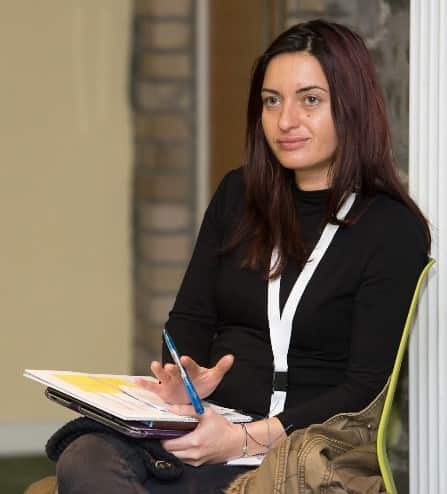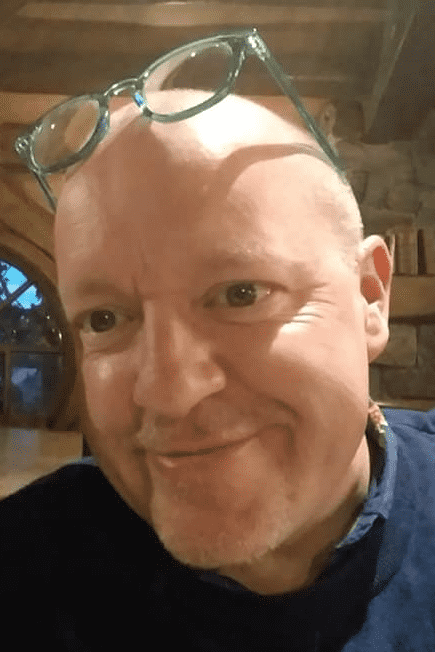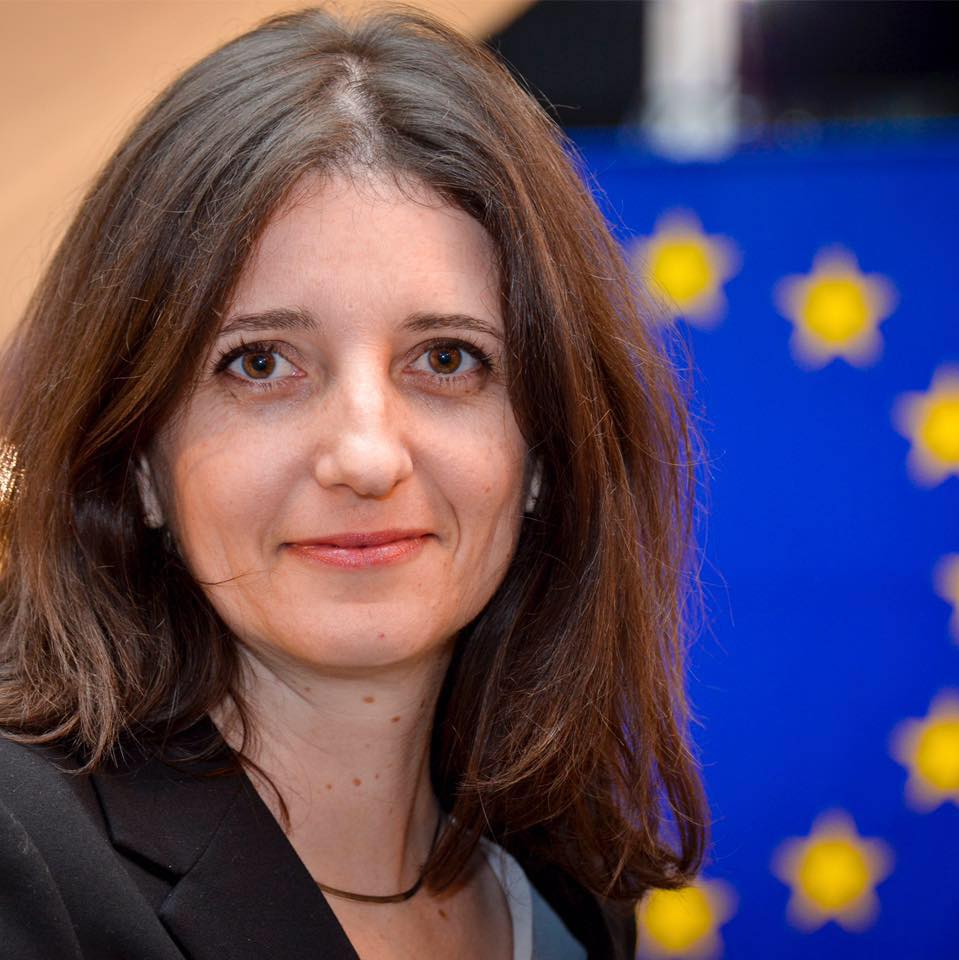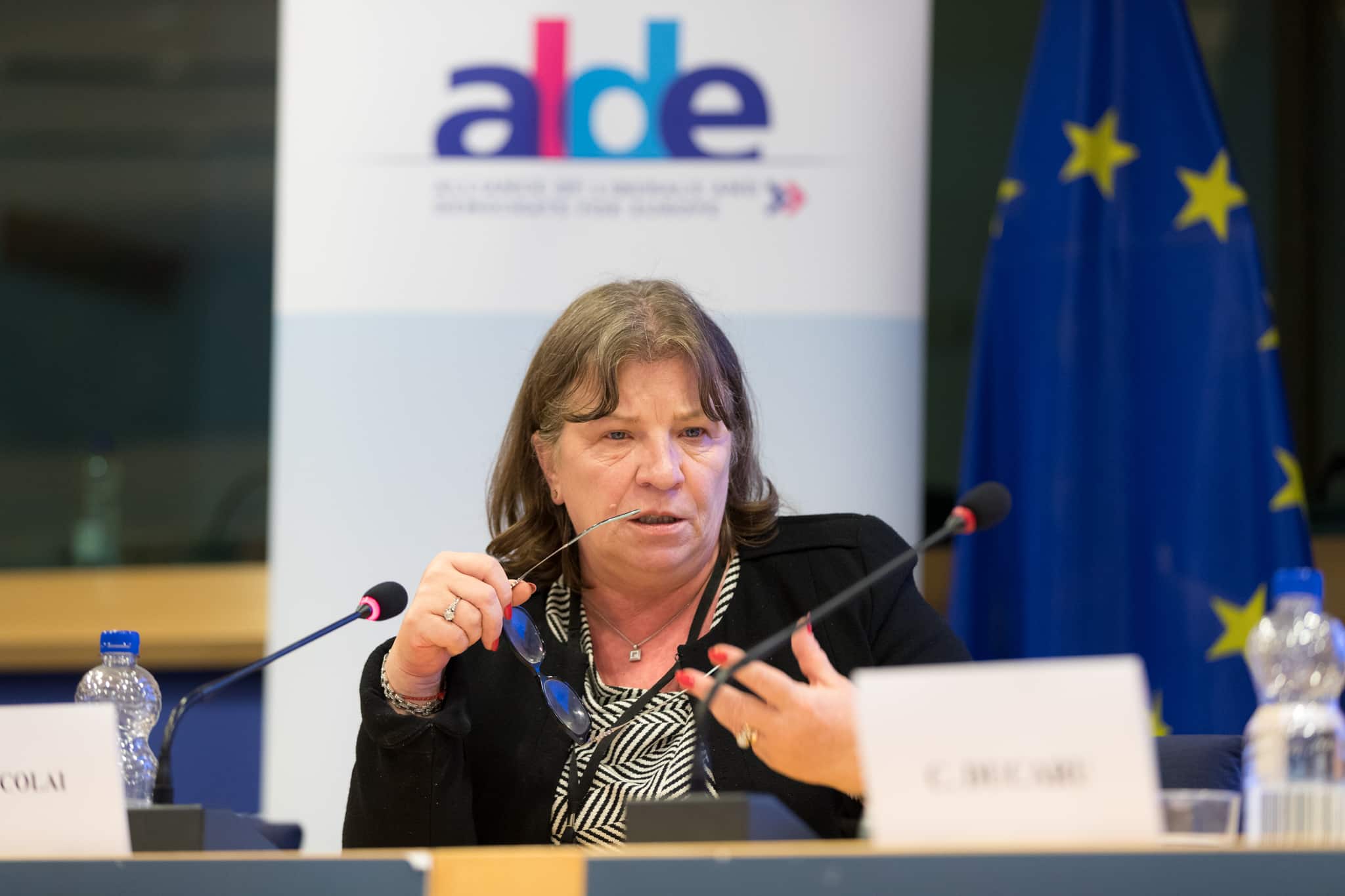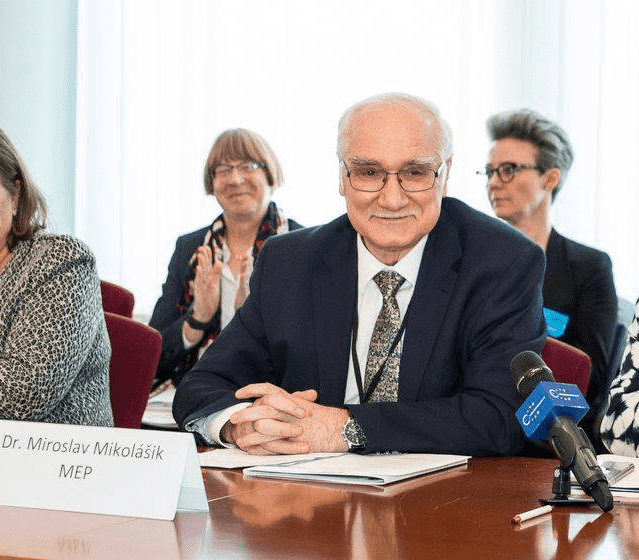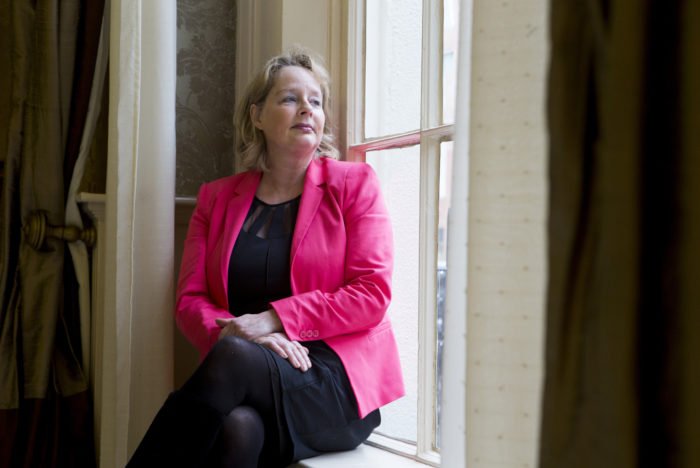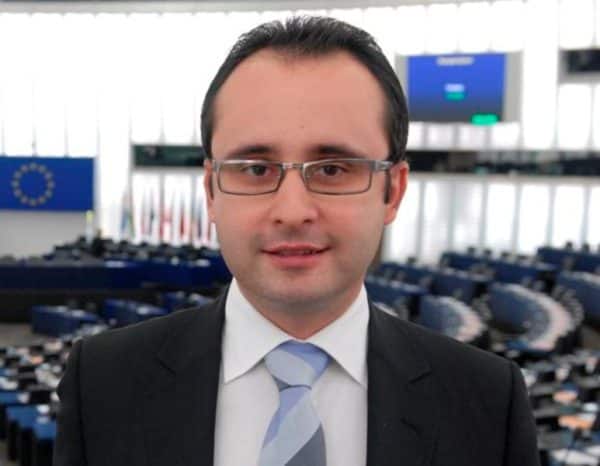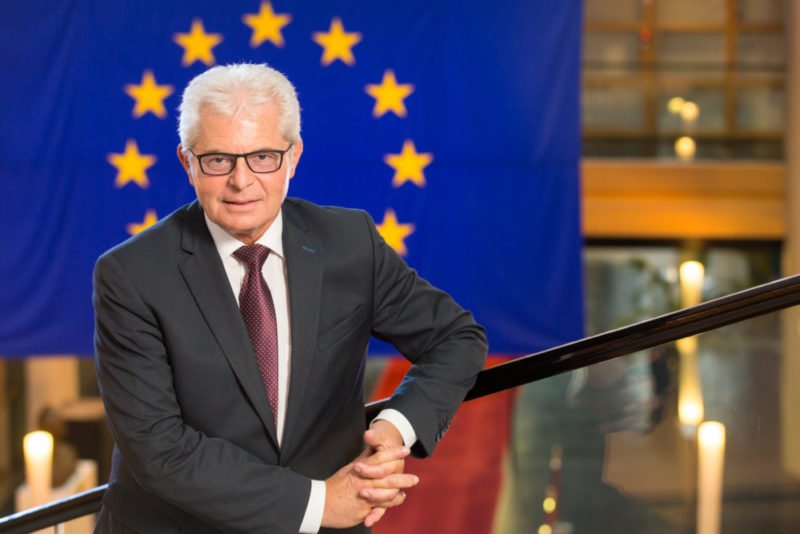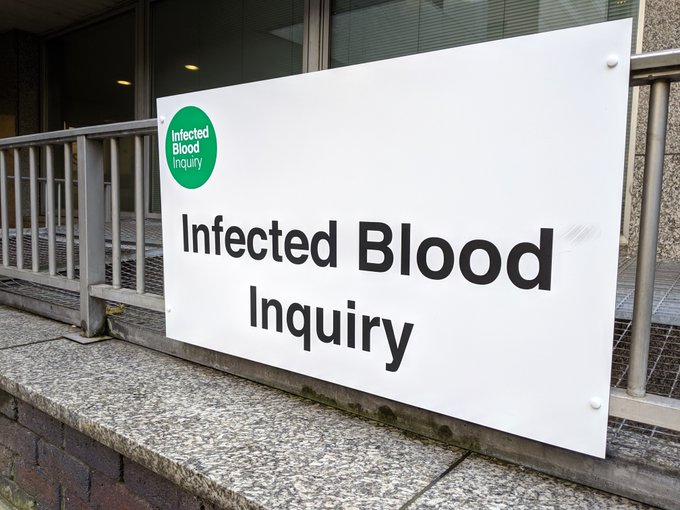
Politicians in the UK to appear before contaminated blood public inquiry
The Infected Blood Inquiry resumed its hearings yesterday (18 May) in London with politicians past and present called to give evidence.
The inquiry, which opened in 2018, investigates the contaminated blood scandal of the 1970s and 80s, which resulted in 4,689 people with haemophilia and other bleeding disorders in the UK being infected with HIV and/or hepatitis viruses. A total of 1,243 people were infected with the HIV virus, of whom less than 250 are still alive today.
Although the inquiry was paused during the UK’s initial lockdown last year, it has continued with virtual hearings since September 2020 and believes it is still on track to deliver its final report sometime in 2022.
When the inquiry began, first priority was given to the testimony of those infected and affected, with 120 people bravely speaking up about the scandal’s impact on their lives. For some, it was the first time they had talked publicly about their infection. Thousands more have provided written testimony.
Since then, the inquiry has heard detailed evidence from leading clinicians from that period, although many have died or are medically unfit to take part. The inquiry has the power to force witnesses to give evidence, if necessary.
Having taken a six-week break from public hearings, the inquiry resumed yesterday, 18 May, and has called all four health ministers in the UK to give evidence about the current levels of support for victims and their families. In July, senior politicians and civil servants from the 1980s and 90s are expected to give evidence in what, for many, will be a key moment in the inquiry’s investigations. Many believe that the key to unlocking how this terrible disaster happened lies at the heart of the government.
The focus on politicians comes as the UK government announced in March that it is to look at compensation schemes to find the right process before the inquiry publishes its final report. An independent reviewer will be appointed shortly to oversee this process.
For many, including The Haemophilia Society, this announcement represented a major breakthrough. No compensation has ever been paid to victims of the contaminated blood scandal and their families, with financial support from ex-gratia payments. Some of the affected – such as bereaved parents and children – do not receive any financial support. Inquiry chair, Sir Brian Langstaff, has spoken out on this issue and has condemned the “grinding hardship” that many victims and their families are forced to endure.
Clive Smith, chair of The Haemophilia Society, has attended many inquiry hearings and is closely involved with the charity’s campaigns for improved financial and psychological support for victims and their families.
Clive Smith is the Chair of the UK Haemophilia Society
He said: “We are now moving into a very interesting phase of the inquiry with politicians past and present being called to account. I’m really pleased that current health ministers are involved as it highlights that this is not simply a historic issue – victims and their families are continuing to struggle both financially and mentally and politicians need to acknowledge their part in this suffering.”
“We do not yet know which politicians from the past will give evidence, but I’m confident that some of the key players will finally have to face very searching questions about what they knew when they knew it and why they failed to act. It is very important for our community that the inquiry gets some answers from our politicians.”
Looking ahead, the inquiry will also hear evidence from leading campaigners and past trustees and staff of The Haemophilia Society. In the Autumn, it will focus on blood services and pharmaceutical suppliers.
Sir Brian has promised to conclude inquiry evidence with more voices of those infected and affected, making clear that the victims and their families will be at the “front and centre” of his work.
You can follow evidence at the Infected Blood Inquiry through The Haemophilia Society’s dedicated Twitter account @HaemoSocUK_PI or read weekly summaries of evidence. Email [email protected] if you’d like to sign up for public inquiry newsletters and updates.




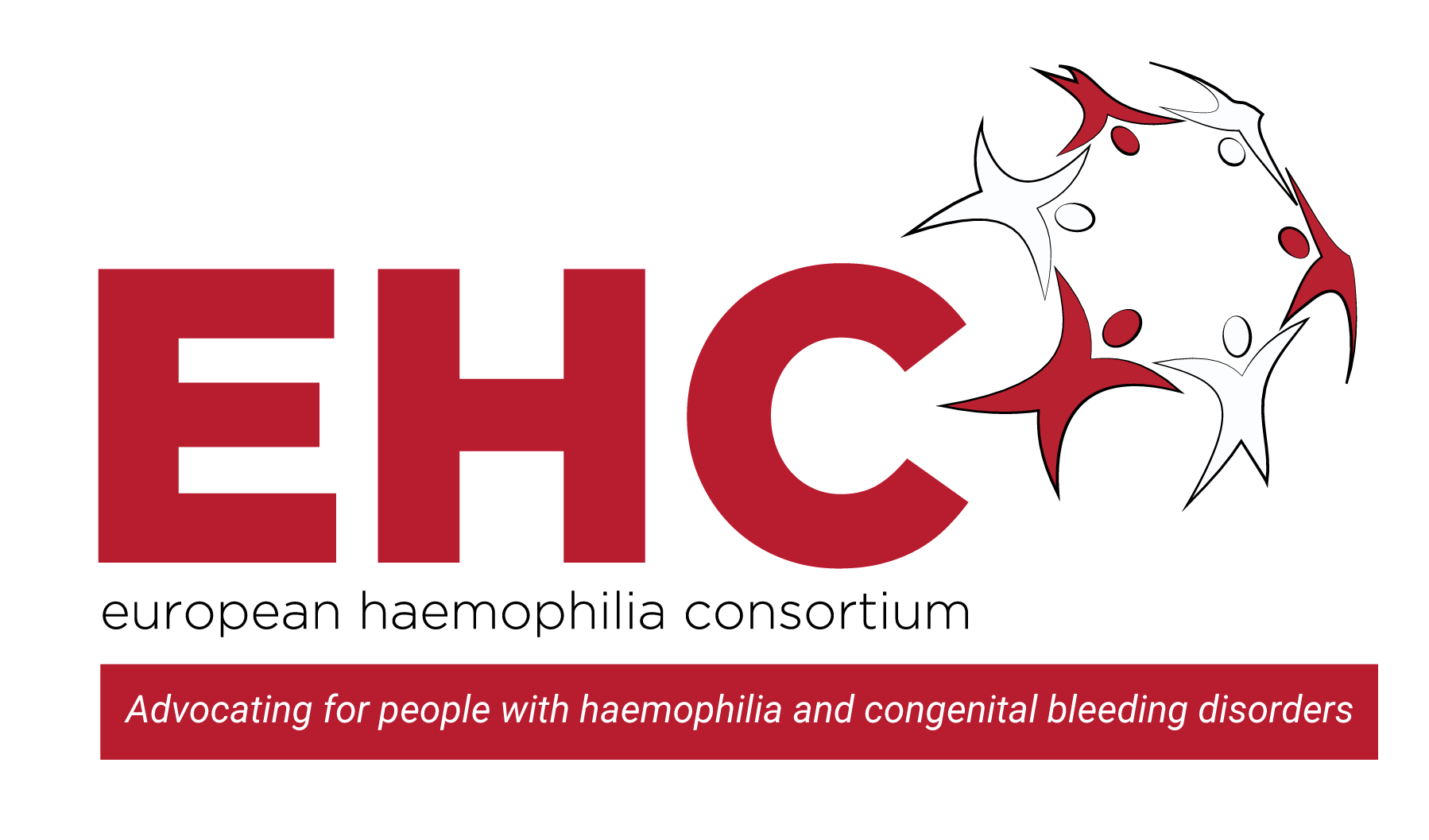

 Jim is aged 66 and has Haemophilia A with a high titer inhibitor which he developed at age 14.
Jim is aged 66 and has Haemophilia A with a high titer inhibitor which he developed at age 14. Maria Elisa Mancuso (MD, PhD) is a Haematologist and works as a Senior Haematology Consultant at the Center for Thrombosis and Haemorrhagic Diseases of IRCCS Humanitas Research Hospital in Rozzano, Milan, Italy. She is Adjunct Clinical Professor at Humanitas University. She obtained a post-degree in Clinical and Experimental Haematology and a PhD in Clinical Methodology. She is involved in clinical research and has published several original articles in peer-reviewed journals a The Lancet, Blood, Journal of Thrombosis and Haemostasis, Haematologica, Thrombosis and Haemostasis, British Journal of Haematology and Haemophilia. She is reviewer for several peer-reviewed journals and member of the Editorial Board of JTH. She is a member of several scientific societies (ISTH, WFH, ASH, EAHAD, SISET, AICE) and was a medical member of the Inhibitor Working Group of the European Hemophilia Consortium. She is co-chair of the ADVANCE Study Group. She has acted also as co-chair of the Scientific and Standardization Subcommittee of ISTH on FVIII, FIX and rare bleeding disorders. She has been involved as principal and co-investigator in several clinical trials, and she takes care of both children and adults with hemophilia and other congenital bleeding disorders with a specific scientific interest in novel therapies, prophylaxis, inhibitors, and chronic hepatitis C.
Maria Elisa Mancuso (MD, PhD) is a Haematologist and works as a Senior Haematology Consultant at the Center for Thrombosis and Haemorrhagic Diseases of IRCCS Humanitas Research Hospital in Rozzano, Milan, Italy. She is Adjunct Clinical Professor at Humanitas University. She obtained a post-degree in Clinical and Experimental Haematology and a PhD in Clinical Methodology. She is involved in clinical research and has published several original articles in peer-reviewed journals a The Lancet, Blood, Journal of Thrombosis and Haemostasis, Haematologica, Thrombosis and Haemostasis, British Journal of Haematology and Haemophilia. She is reviewer for several peer-reviewed journals and member of the Editorial Board of JTH. She is a member of several scientific societies (ISTH, WFH, ASH, EAHAD, SISET, AICE) and was a medical member of the Inhibitor Working Group of the European Hemophilia Consortium. She is co-chair of the ADVANCE Study Group. She has acted also as co-chair of the Scientific and Standardization Subcommittee of ISTH on FVIII, FIX and rare bleeding disorders. She has been involved as principal and co-investigator in several clinical trials, and she takes care of both children and adults with hemophilia and other congenital bleeding disorders with a specific scientific interest in novel therapies, prophylaxis, inhibitors, and chronic hepatitis C. As a patient with factor II deficiency, the diagnostic and treatment of rare bleeding disorders is a matter dear to my heart. My motivation to participate in the work of the ERIN committee is to improve both diagnostic and treatment for patients with rare bleeding disorders across Europe.
As a patient with factor II deficiency, the diagnostic and treatment of rare bleeding disorders is a matter dear to my heart. My motivation to participate in the work of the ERIN committee is to improve both diagnostic and treatment for patients with rare bleeding disorders across Europe. Economist and financial expert by profession, executive coach and trainer by passion and haemophilia advocate by every drop of my blood through my son (who has severe haemophilia A with inhibitors). Bringing a good decade of practical experience from the corporate insurance world, laser focus, growth mindset and resilience from my own experience, offering you anything I can just do, in hope that together we can make life more fulfilled for those impacted by bleeding disorders.
Economist and financial expert by profession, executive coach and trainer by passion and haemophilia advocate by every drop of my blood through my son (who has severe haemophilia A with inhibitors). Bringing a good decade of practical experience from the corporate insurance world, laser focus, growth mindset and resilience from my own experience, offering you anything I can just do, in hope that together we can make life more fulfilled for those impacted by bleeding disorders. Amy Owen-Wyard is a Registered Mental Health Nurse. With experience working with children, young people, their families and adults with severe and enduring mental health conditions. Amy was also involved in a service improvement to provide a holistic care approach for those in general hospitals to support both their mental and physical health, whilst sharing her expertise and knowledge in mental health with the wider multidisciplinary team.
Amy Owen-Wyard is a Registered Mental Health Nurse. With experience working with children, young people, their families and adults with severe and enduring mental health conditions. Amy was also involved in a service improvement to provide a holistic care approach for those in general hospitals to support both their mental and physical health, whilst sharing her expertise and knowledge in mental health with the wider multidisciplinary team.